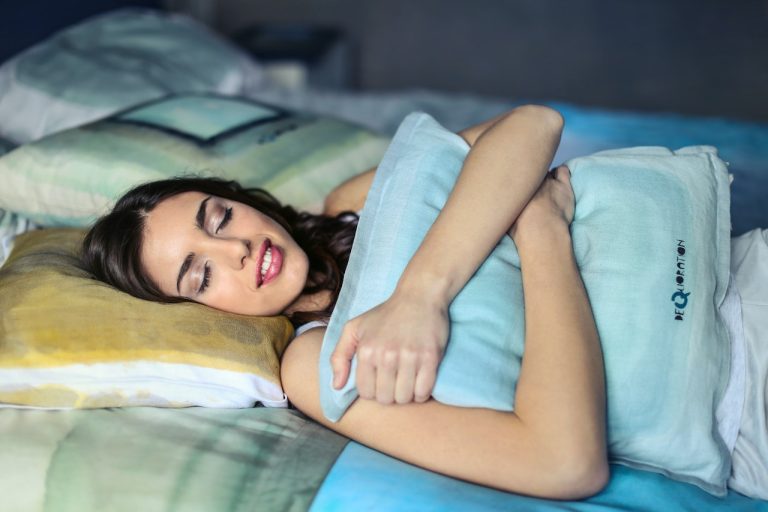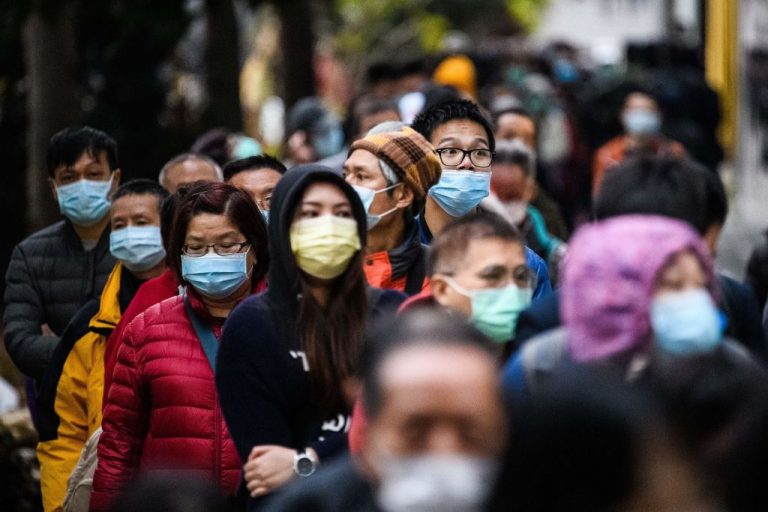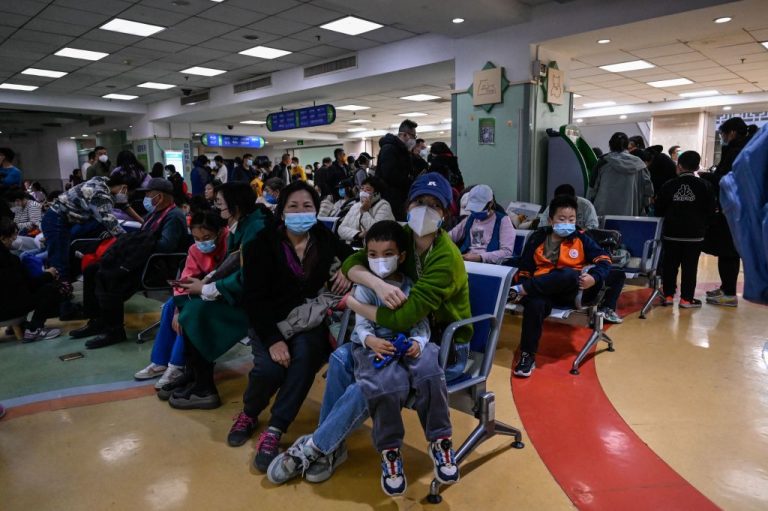What are some of the top recommendations from doctors to people complaining about sleep issues, including insomnia? A recent article from the American Medical Association (AMA) and other research details what physicians wish patients knew about sleep and sleep hygiene.
1. Understand why good sleep is important. Poor sleep is associated with higher rates of obesity, heart disease, type 2 diabetes, and weakened immunity, and is just as important to prioritize as exercising and healthy eating. It can also cause moodiness and issues with memory and concentration.
2. Monitor caffeine intake. Typical amounts of caffeine intake for coffee and tea drinkers has minimal side effects, but may be associated with difficulty sleeping.
People who are not regular caffeine drinkers are more vulnerable to experiencing insomnia. In general, caffeine intake should cease after 2 p.m., but some chronic users are able to drink caffeine immediately before bed without issues.
3. Minimize screen time before bed. Blue light from screens on smartphones, computers, tablets, and televisions before sleep can confuse your internal clock into telling your brain it should be awake.
Success
You are now signed up for our newsletter
Success
Check your email to complete sign up
“That is the same wavelength that we get from the sun when we go out in the morning, and it tells us it’s daytime,” Dr. Ilene Rosen, Associate Professor of Medicine in the Division of Sleep Medicine at the University of Pennsylvania told the AMA.
MORE ON HEALTH AND WELLNESS
- Is Good Posture a Thing of the Past? 10 Reasons It’s Worth Pursuing and How to Achieve It
- Healing Herbs and Spices of India Part II – Curry Leaf
- 6 Simple Habits for Greater Happiness and Productivity
“So we are confusing our internal clock by doing things in the evening, overnight and late at night with those electronics,” she says.
4. Eat healthy foods at a reasonable hour. Large meals should generally be avoided within a couple hours of sleep because subsequent discomfort can keep you awake. Likewise, you should try not to go to sleep hungry.
In addition, proper sleep is important for a good eating schedule because when people are stressed out, eating healthy becomes less of a priority.
5. Avoid excessive alcohol use. While alcohol is a central nervous system depressant that slows down brain activity and induces feelings of sleepiness, it can adversely affect sleep quality and duration.
High amounts of alcohol, defined as more than two drinks for men and more than one drink for women, decreases sleep quality by 39.2 percent, according to Sleep Foundation. People experience shorter sleep durations and more sleep disruptions.
6. Increase exercise. Regular physical activity is associated with improvement in sleep quality, but exercising within two hours of bedtime may disrupt sleep. You can try integrating purposeful activity and workouts into home routines, taking 10,000 steps a day, going outside for walks, and other activities.
7. Identify and address causes of insomnia. According to the American Academy of Sleep Medicine, nearly 60 percent of Americans have had sleep issues during the pandemic.
Acute insomnia, with sleep loss for a few days at a time, affects about one-third of adults. There are several possible underlying causes of insomnia, including sleep apnea, restless leg syndrome, life stressors, and genetic predispositions.
“Acute insomnia, whether you are given a medication for it…does go away in weeks to months, usually less than three months, even if you do nothing,” said Dr. Rosen. As a result, it’s important to not “stress about it and keep your routines like you always have.”
8. Seek treatment for sleep apnea. If people complain of snoring at night, feeling excessively sleepy during the day, and not having restful sleep, there may be underlying sleep apnea.
Other risk factors include obesity, being male, age over 50, being on treatment for high blood pressure, and a large neck circumference. Primary care providers can refer patients to sleep medicine for a sleep study and treatment.
9. Sleep at consistent times. Dr. Rosen recommends going to bed and waking up at the same time every day. She finds that people often “mini jet lag themselves” by sleeping more on weekends and days off.
“Someone will say: Oh, I can get seven hours of sleep, but I really need eight and a half, so on the weekends I’m going to get 10 each night. And then they have trouble getting to sleep the night before they have to go back to work and the cycle of sleep restriction starts over,” she says.
10. Understand the role of melatonin. Melatonin, a sleep aid sold over the counter that is also a hormone naturally produced by the brain, has significantly less sedative effects compared to hypnotic drugs such as Ambien and Benadryl.
While you may feel drowsier with the medication, the main effect of melatonin is to help regulate the timing of your sleep-wake cycle and help set your circadian clock. Some experts recommend a small starting dose of 0.5 or 1 milligram 30 minutes to an hour before bedtime, and increasing the dose if there is no effect.
Although there are few side effects compared to other sleeping pills, users may experience more vivid dreams. However, melatonin has limited efficacy and does not address the underlying reasons for insomnia, such as sleep apnea, anxiety, or poor sleep hygiene.













